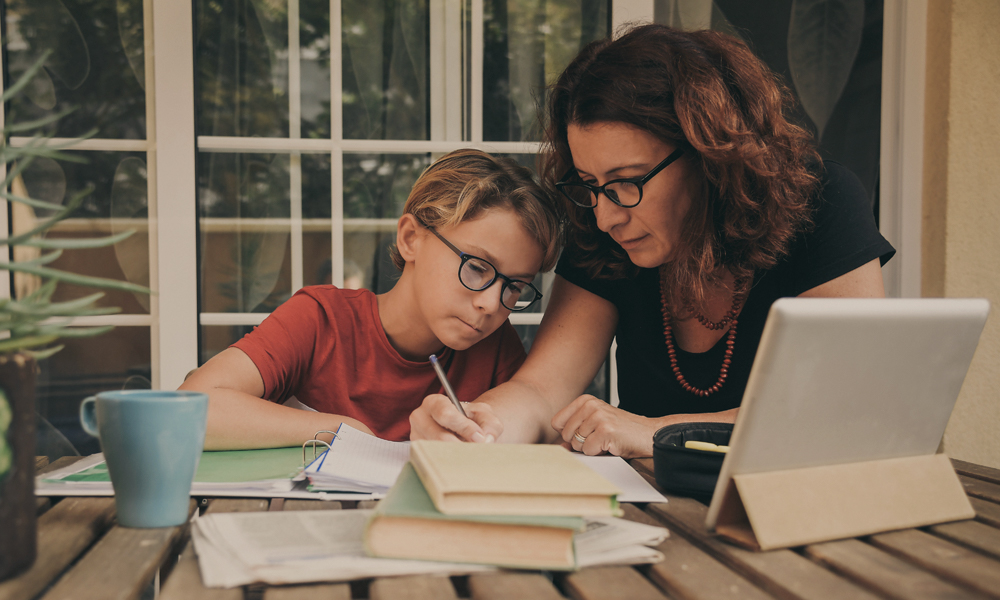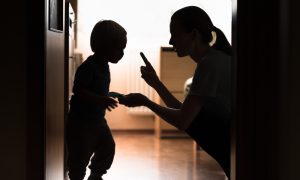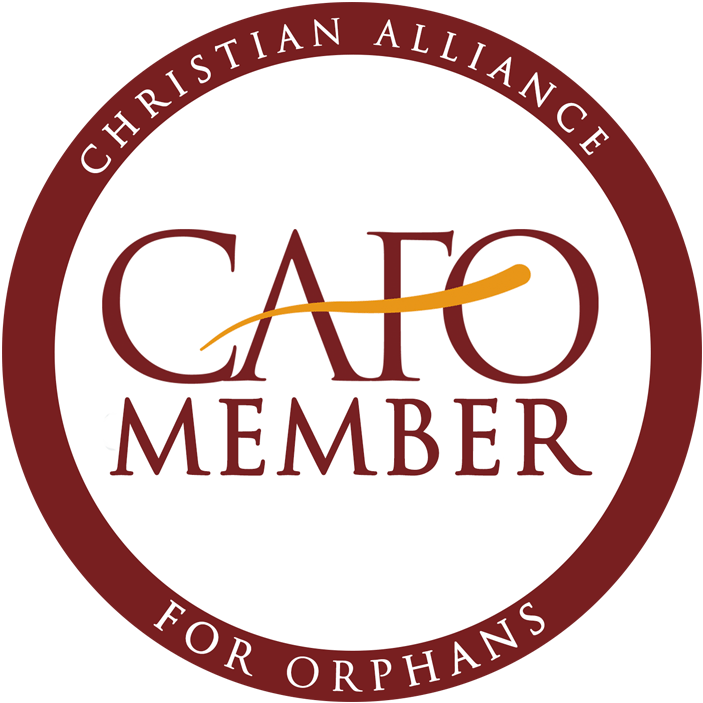This week I sat down with Shaleigh, a current foster mom, and asked about her journey of fostering and adopting.
Staci: Tell me a little bit about your experience with foster care.
Shaleigh: My husband and I have been foster parents to nine children over the last two and a half years. We have adopted three of them and we are in the process of adopting a fourth. We also have two biological children.
Staci: What made you decide to start fostering?
Shaleigh: It was a combination of talking to a foster agency that had set up a table outside of Target, seeing a billboard about fostering, and God urging us to get licensed. I had a comfortable life with my two biological children and I really liked my busy, relatively easy, life. God orchestrated the entire thing and had a different plan for us!
Staci: What is the best thing about fostering?
Shaleigh: Seeing the growth and the progress. One of my children was what we call a “feral child.” This kid would try to eat things like batteries and thumb tacks and would bite the other children in the house to the point of drawing blood. Now this child is so compassionate, kind and helpful and if you walked into our house today you would never know that background. We had a foster son who was reunited with his first family. But while we had him, we gave him experiences that he had never dreamed of having. Seeing the excitement as he had those experiences was very rewarding.
Staci: What has been the hardest part about fostering?
Shaleigh: Adjusting. Not just initially, but there are constant adjustments as the kids get older. We have to adapt as the kids change. With traumatized children, the trauma doesn’t just go away. New things come up. Trauma is developmental. I see this often with one of my daughters who has what I call a “trauma shell.” Every time there is a developmental change, I see her go into that shell.
Staci: How do you deal with that?
Shaleigh: Reassurance. I repeatedly tell her that she’s safe and that everything is going to be okay. Recently she visited her biological mother and I saw her move into that shell. Even though she’s a big girl, I held her like a baby and told her that she’s going to be okay. We do lots of hand holding and eye contact.
Staci: I know you have had foster children who have left your home after being reunited with their biological mothers. How are you handling that?
Shaleigh: I get incredibly attached. It’s not easy to let go. I miss them. It’s especially hard on my other kids because the kids get attached to each other. It is helpful that we know they are going to have a great life now. I was able to walk side-by-side with one biological mom to help her succeed. Doing that was incredibly rewarding.
Staci: Tell me a little more about working with biological families as a foster parent.
Shaleigh: I love the bio family. Our goal when we started fostering was to help put back together as many families as we can. I knew that I wanted a relationship with all of the biological parents. I know how important that can be. I tell all foster parents to be open to a relationship with the first families. Don’t assume they are terrible people because most of them aren’t. Some of the most rewarding relationships I have are with the bio parents of the children I adopted.
Staci: What do you tell parents who are on the fence about fostering?
Shaleigh: The journey is not easy but it is so worth it. Most of all, these kids need you to be on the journey. Having a support system is so huge. I have a group of foster moms from all over the country that I’m in contact with on a daily basis. It’s incredibly helpful. Make sure you have a support system.
Staci: What would you say to people who think, “I could never be a foster parent. I would get too attached?”
Shaleigh: We should get too attached because these kids deserve people who get “too attached” to them. Foster parenting is not about us. It’s about the children. If no one is willing to get too attached to them, where does that leave them?











